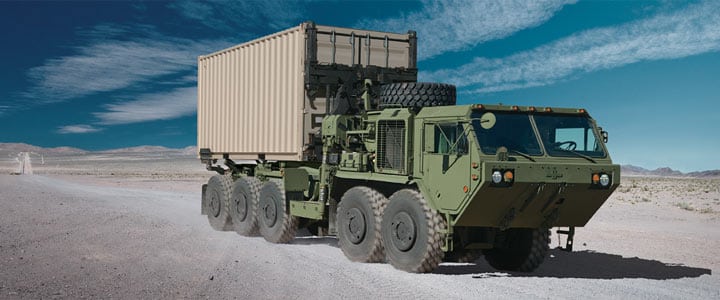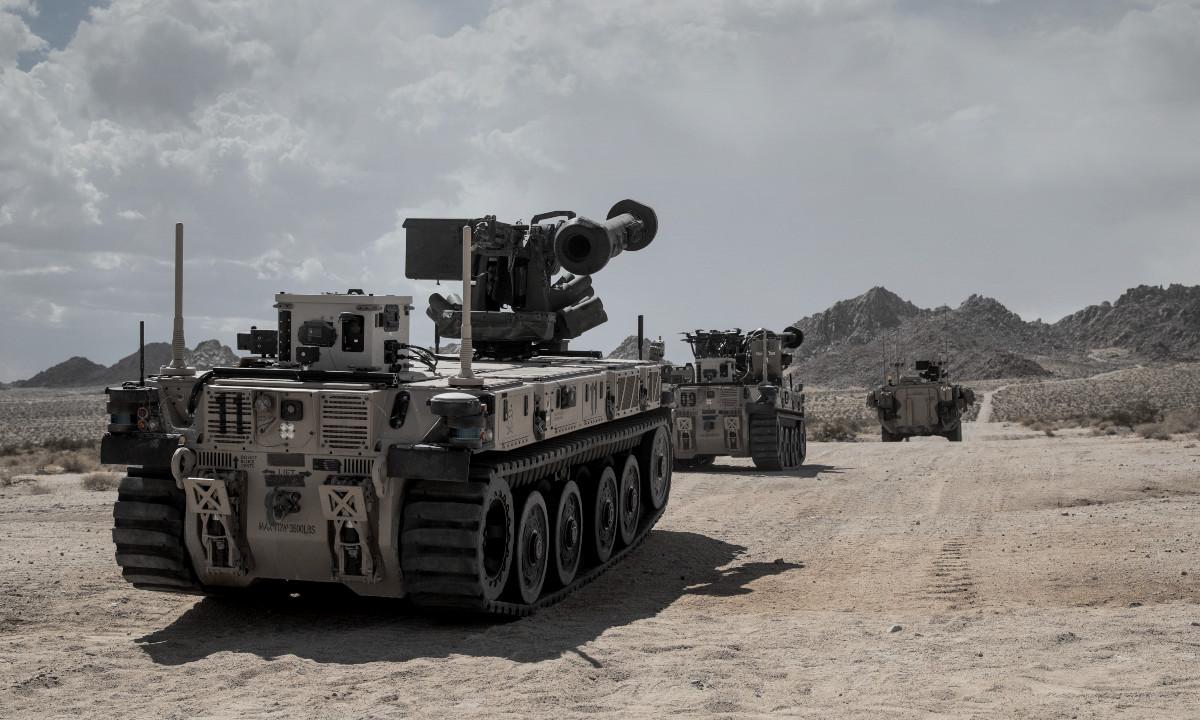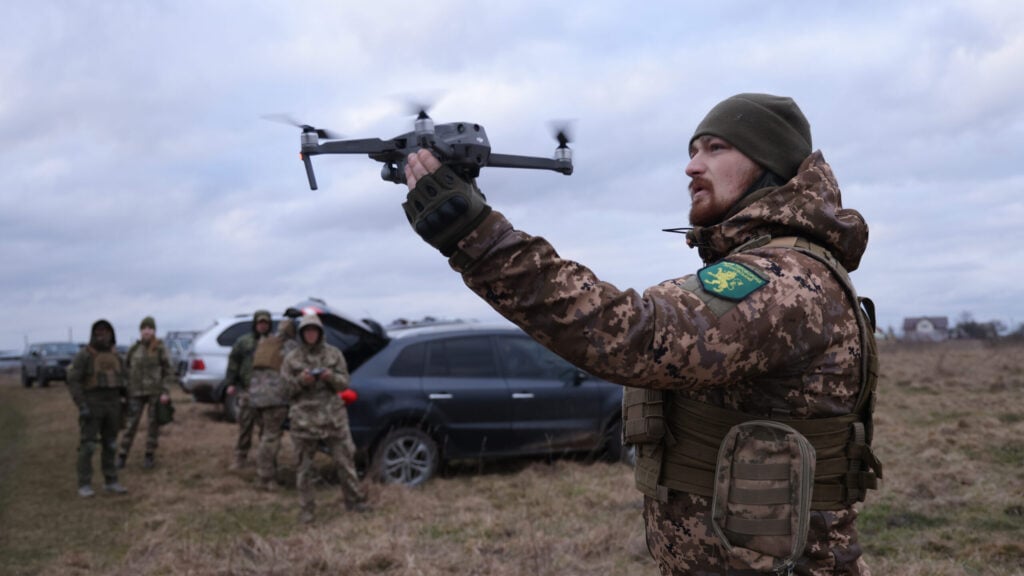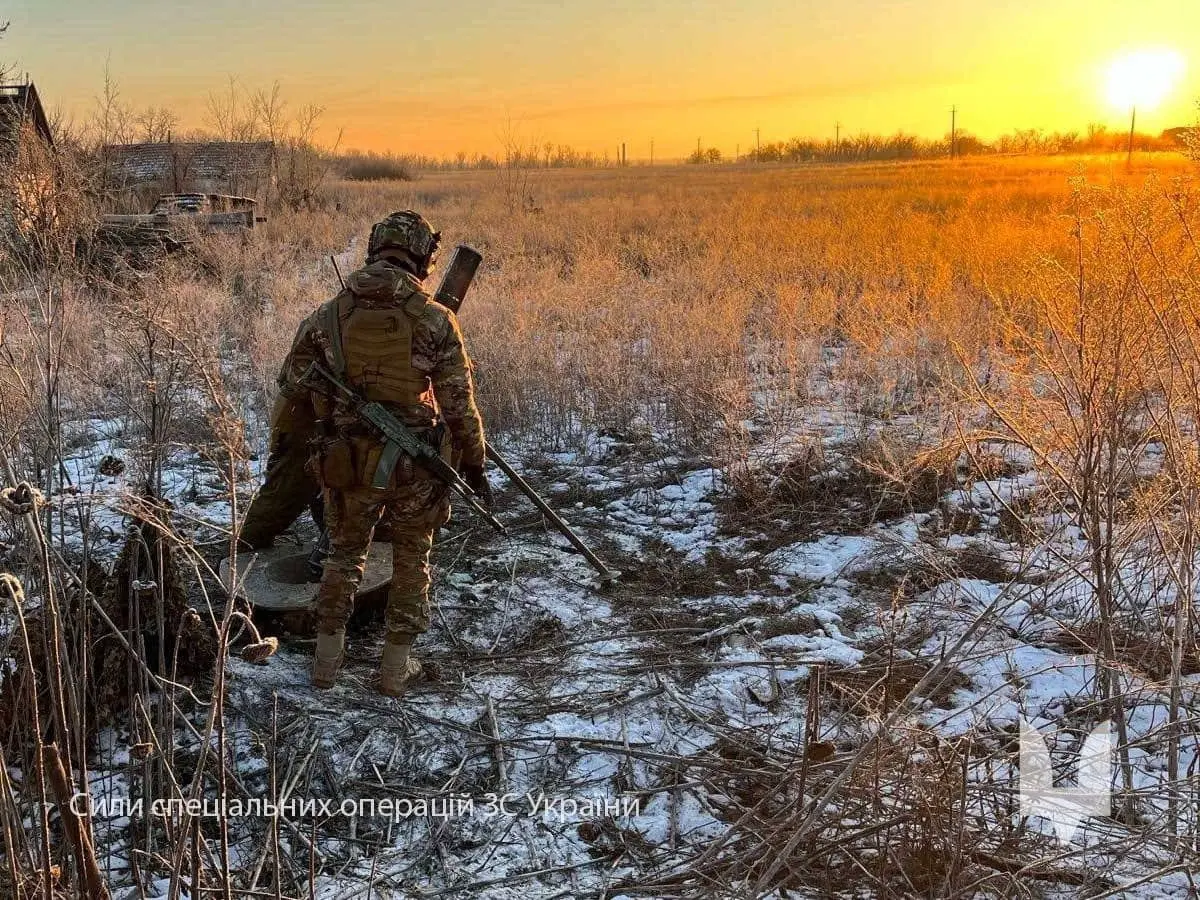- Reaction score
- 12,669
- Points
- 1,160
It's both.
Doctrine is the sum of all lessons learned, documented, codified, and disseminated to others over a militaries operational experience.
Before that is the LL process, informal or otherwise. Where we fall down as an organization is turning Knowledge (personal experience, personal education, personal training, drills, etc.) into Information (PAMs, SOPs, TTPs, PARs(not the PaCE variety)).
Ofcourse technology is going to change faster than doctrine. It's meant to. What is the missing link is the documentation of the change from the individual working with the change and the people charged with revising the doctrine.
If there is a lack of information passed to those writing the doctrine, they rely o their own knowledge and experience to write it.
Depending on how far removed that writer is to the new technical leap, you're left with conducting a frontal on a MG42, because doctrine.
doc·trine
a belief or set of beliefs held and taught by a Church, political party, or other group.
dog·ma
a principle or set of principles laid down by an authority as incontrovertibly true.
It is the move towards the "incontrovertibly true" that concerns me.
....
With respect to the passage of information, this morning I saw this article in the Globe and Mail
Redacted and out of reach: Canada’s access laws keep the country’s history locked away
Researchers are often denied decades-old documents because there’s no process for declassifying them and poor records of what’s piled up in government warehouses
The pages of Canada’s past are buried in hundreds of thousands of cardboard boxes, stacked 16 shelves high, on rows that seem to go on forever, in a vast warehouse located just off the highway in Gatineau, QC.
To stand in the space, which has the same feeling as the cavernous military hangar shown in the final scenes of Raiders of the Lost Ark, is to understand the impossibility of the challenge. This is why LAC brought a Globe reporter to the building, which is one of six archival storage facilities.
Emily Gusba, LAC’s Director General of Government Record Branch, said that as part of their continuing effort to pay for past sins, the institution executed a massive inventory clean-up.
“We located hundreds of thousands of items that had been essentially lost because they had been disconnected from their metadata. Poor past practices led us to not have a good handle on the information,” she said.
Librarians. Filing Clerks. Secretaries.
And then we all got computers and the keepers of the knowledge got jobs at Starbucks.
















